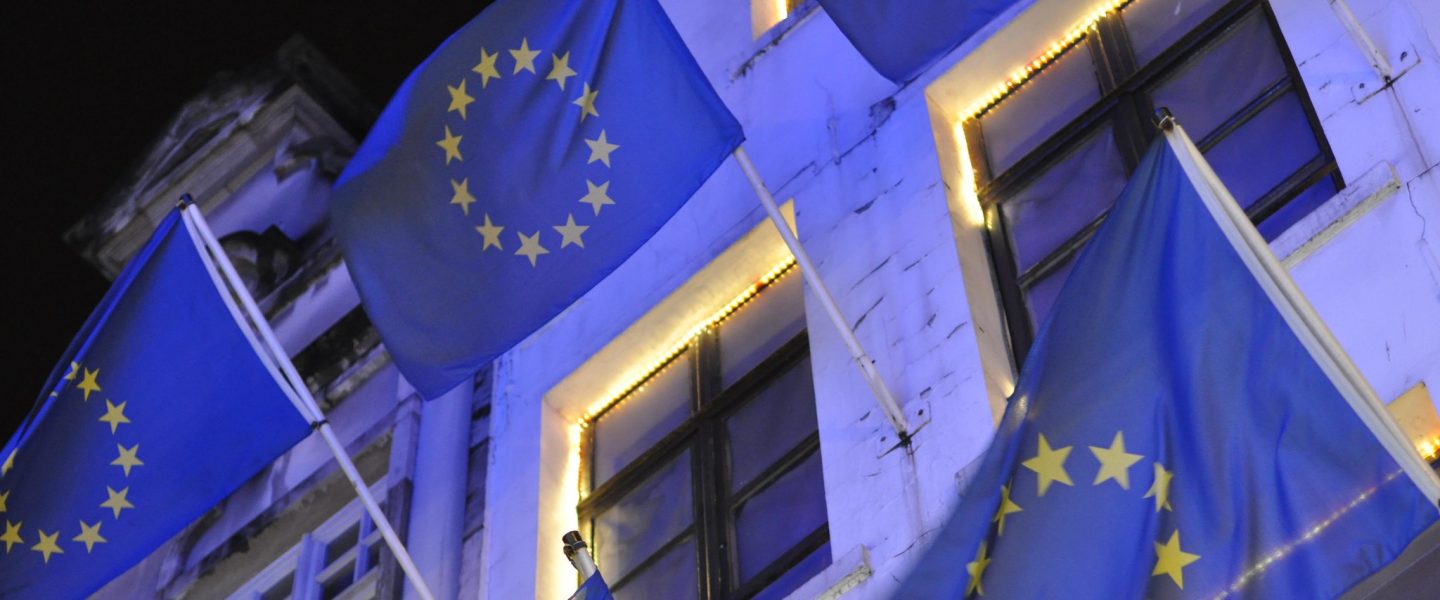The new act requires the largest online platforms and search engines operating in the EU to take steps to reduce the spread of misinformation and other toxic online content.
|
Listen To This Story
|
The European Union’s Digital Services Act (DSA) went into effect Friday. It requires the largest online platforms and search engines operating in the EU to take steps to reduce the spread of misinformation and other toxic online content.
The law is yet another effort by the EU to make the Internet a safer place to use for everybody.
“Today, the Digital Services Act — #DSA — becomes legally enforceable for Very Large Online Platforms & Search Engines,” tweeted EU Commissioner Thierry Breton. “These systemic platforms play a very important role in our daily lives — so it was time for the EU to set our own rules. A safer Internet for everyone.”
The law requires the companies to quickly remove illegal content from their platforms and prevents them from using sensitive data to display personalized ads to their users. Perhaps most importantly, it also includes transparency provisions that force companies to disclose previously secret information that shows how they operate.
Meta, the parent company of Facebook and Instagram, hailed the new law.
“It is a big deal not just for European tech companies but for all tech companies that operate in the EU, and it will have a significant impact on the experiences Europeans have when they open their phones or fire up their laptops,” wrote Nick Clegg, Meta’s president of global affairs.
He added that his company “has long advocated for a harmonized regulatory regime that effectively protects people’s rights online, while continuing to enable innovation” and welcomes the greater transparency and accountability of the new law.
“The DSA in particular provides greater clarity on the roles and responsibilities of online platforms and it is right to seek to hold large platforms like ours to account through things like reporting and auditing, rather than attempting to micromanage individual pieces of content,” Clegg wrote.
The Digital Services Act is not the first EU law that is changing the internet by better protecting its users.
Five years ago, the General Data Protection Regulation (GDPR) went into effect. It offered protection to internet users with regard to the processing and transfer of their personal data. The law has since been copied in other countries and has had a sweeping effect across the globe.
While the GDPR affected any company with an online presence doing business in the EU, including websites that can be viewed by Europeans, the DSA is targeting only the largest social media platforms and search engines, such as Google, Twitter, TikTok, and Snapchat.
If the companies violate the provisions of the law, they face steep fines.
In the worst case, they would be required to pay 6 percent of their annual revenue. For Google, that would mean a fine of almost $20 billion while Meta could “only” be fined $7 billion.




